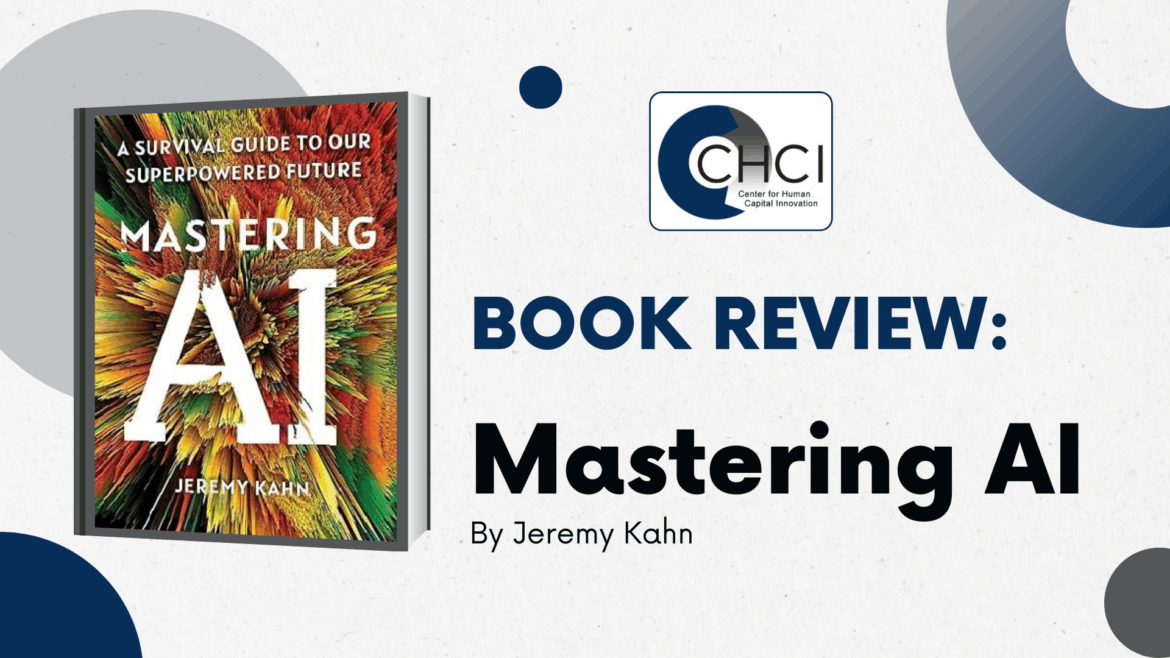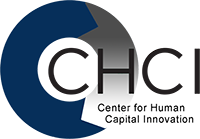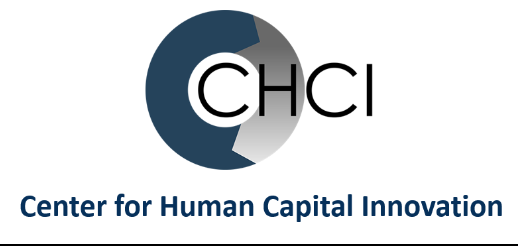
“Mastering AI” – A Strategic Wake-Up Call for the C-Suite
Jeremy Kahn: “Mastering AI” (Simon & Schuster, 2024). ISBN: 978-1668053324
In Mastering AI (2024), Jeremy Kahn delivers an eye-opening, timely examination of how artificial intelligence—spearheaded by tools like OpenAI’s ChatGPT—is poised to become the most consequential force in modern work, society, and human cognition. The book is part celebration, part cautionary tale. Kahn traces the arc of AI’s evolution, from neural networks and deep learning breakthroughs to today’s large language models (LLMs), offering both awe and apprehension in equal measure. For executives, especially those leading complex organizations through an era of digital transformation, the book functions as a call to strategically integrate AI while preserving the essence of human ingenuity.
Key Workforce Implications
AI’s most profound impact, Kahn argues, will unfold in the workplace. ChatGPT, and tools like it, aren’t merely automating routine tasks; they are reshaping the very nature of human labor. The concept of AI as a “co-pilot” is central to this shift—augmenting rather than replacing human workers. In fields like accounting, medicine, education, and customer service, AI is already functioning as a digital colleague, enhancing productivity by handling low-value tasks and surfacing insights faster than traditional methods.
However, this augmentation model carries a paradox: while AI elevates performance by lowering entry barriers, it risks reducing the perceived value of expertise. As Kahn notes, “in a world where AI makes it easier for less knowledgeable and experienced workers to achieve average results, experts who can significantly outperform the average will command a premium.” Thus, organizations will need to double down on identifying, retaining, and rewarding top talent—those whose knowledge cannot be easily codified or replicated.
The workforce implications are wide-ranging. A bifurcation of labor is emerging—those who leverage AI to create value and those displaced or devalued by its capabilities. Many roles will evolve to oversee and interpret AI-generated outputs, making critical/systems thinking and contextual judgment even more vital. Tacit knowledge, problem-solving, and interdisciplinary fluency will become premium competencies, requiring ongoing upskilling beyond the technical aspects of AI, calling for meta-skills development. Additionally, while AI has the ability to free employees from mundane tasks, overreliance risks eroding cognitive resilience and intrinsic motivation.
Executive Insights
Kahn offers several thought-provoking insights specifically for executives that challenge conventional thinking and bring a perspective that is worth exploring:
AI Is a General-Purpose Technology—Treat It as Such
Like electricity or the internet, AI will rewire entire business models. The competitive edge will not come from AI adoption alone, but from how well leaders integrate AI into strategy, operations, and culture. Leaders must reimagine workflows, retool performance metrics, and consider data as both an asset and a responsibility.
Human Intellect Is Now a Differentiator
As AI handles more cognitive tasks, true value will shift toward “judgment work”—the uniquely human ability to synthesize, empathize, and make ethical decisions. Kahn warns that dependency on AI could diminish these traits. Leaders must create environments that encourage and support deep thinking over speed.
AI Will Accelerate Disruption, Not Just Automation
This is not a story of task substitution alone; it is one of systemic upheaval. Industries from publishing to pharma are being reshaped both in how they produce value as well as who gets to participate in that production. Strategic foresight and scenario planning must become standard leadership competencies.
Co-Opting vs. Competing with AI
Kahn is unequivocal: AI should enhance, not replace, human potential. Leaders must resist the temptation to chase efficiency at the expense of resilience. This means prioritizing human-AI collaboration over cost-cutting substitution.
AI Ethics Is Now a Business Imperative
From misinformation and privacy breaches to exacerbated inequalities, Kahn outlines a range of risks that demand responsible governance. Boards and executives must champion ethical design, transparency, and regulation—not as compliance tasks, but as strategic differentiators.
What Actions Does Kahn Recommend?
Not only does Kahn describe the impact of AI on the workforce, he also gives practical steps that organizations can take now to secure the necessary balance between innovation with and protection from this new technology. Below are a sample of some of the suggestions he proposes.
- Establish a Human-AI Governance Framework: Set up cross-functional AI oversight teams that include HR, Legal, IT, and Ethics officers. Define boundaries for acceptable use, develop escalation protocols for AI-related errors, and integrate auditability into all AI systems used in the organization.
- Invest in “AI Fluency” Across the Workforce: Upskill beyond data science and coding. Train employees to think critically about AI outputs, ask the right questions, and challenge assumptions. Introduce case studies on AI misuse to build risk awareness.
- Redesign Work for Human-AI Collaboration: Reassess how work is allocated and who does what. Automate where appropriate, but design roles that center on decision-making, storytelling, or sense-making. Use job architecture models that reflect AI augmentation—not traditional job titles.
- Create Incentives for Knowledge Contribution: As AI systems increasingly depend on proprietary training data, recognize and compensate employees who contribute experiential knowledge accordingly. Consider revising performance metrics and recognition programs to reward this input.
- Champion Responsible AI Use Externally: Influence public policy by engaging with regulators and industry coalitions to advocate for safe, inclusive AI development. Set the example and ensure that your AI practices reflect your company’s values, particularly around transparency, diversity, and data ethics.
- Embed AI Risk in Scenario Planning: Incorporate AI-related risks (e.g., disinformation, systemic bias, skill decay, energy costs) into enterprise risk management. Conduct tabletop exercises on AI failures or misinformation campaigns to test resilience.
- Don’t Outsource Empathy: As chatbots and generative tools become more capable of mimicking human interaction, vigilance against the illusion of connection is imperative. Customer experience, employee relations, and leadership must continue to prioritize authentic human touchpoints.
Final Thoughts
Jeremy Kahn’s Mastering AI is more than a chronicle of machine intelligence; it is a blueprint for how society—and the workforce—must adapt to a profound technological shift. The message to executives is clear: AI will not wait. The winners will not be those who adopt it first, but those who embed it wisely—guarding what is most human while embracing what is most transformational.
For business leaders navigating this inflection point, Kahn’s book is required reading. It underscores that the future of work will not be about man or machine—but man with machine, working in purposeful partnership to create a better, more equitable future. Will your organization be ready?
About the Author
Jeremy Kahn is a technology journalist known for his incisive reporting on artificial intelligence, innovation, and the intersection of technology and society. With a background in international affairs and years of experience writing for prestigious outlets such as Bloomberg, The Atlantic, and The New York Times, Kahn has become a trusted voice on how emerging technologies shape economies, influence cultural norms, and challenge ethical boundaries. His work often emphasizes the societal ramifications of AI, urging both policymakers and business leaders to consider the broader human implications of digital transformation.


Leave A Comment